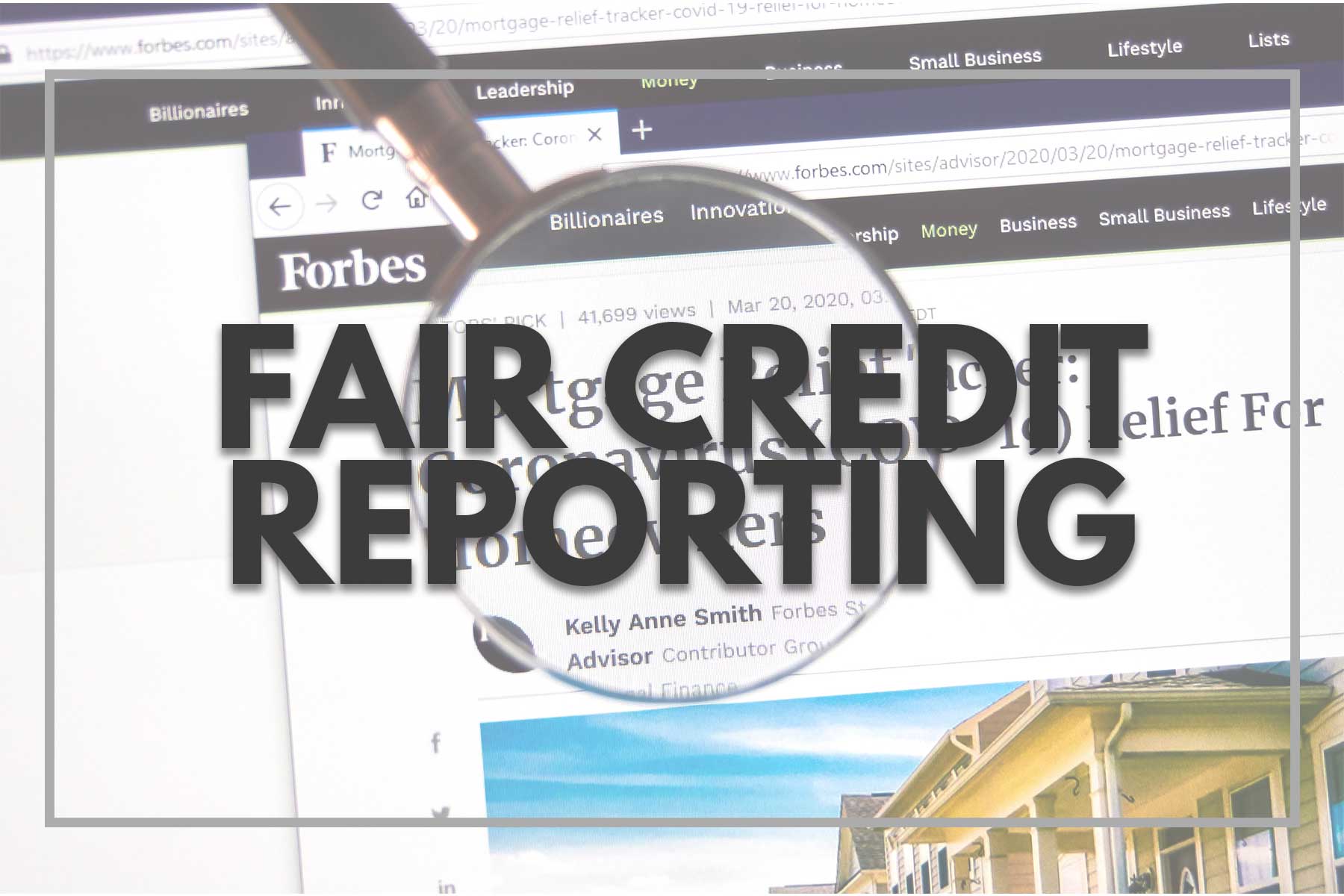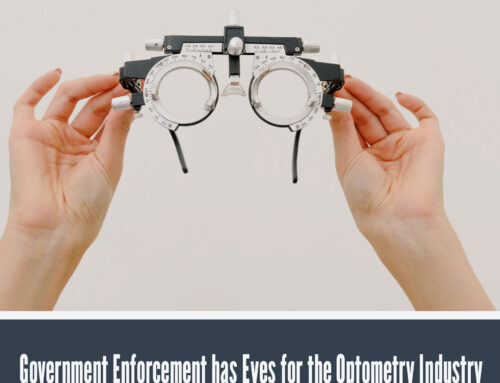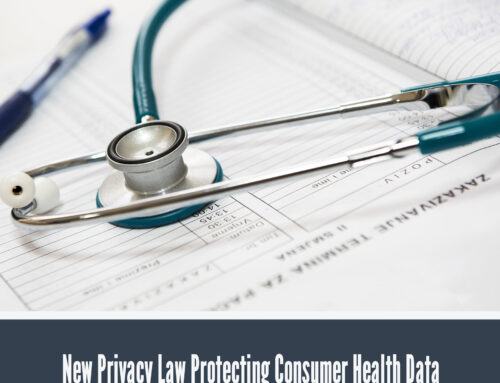By: Gary Shipman
It’s now the first week of May 2020, and therefore, the start of another month where rent/mortgage, car, credit card, utility, and student loan payments are due. You’re worried that your “perfect credit” that existed prior to the pandemic will forever be damaged, and as each month goes by where your economic condition is not likely to improve, what the long-term effects of this may be.
The Coronavirus Aid, Relief, and Economic Security (CARES) Act amends the Fair Credit Reporting Act (FCRA). New sections added to FCRA provide protections only if a creditor approves a consumer for an “accommodation”, which is an agreement for a forbearance, a payment deferral, a partial payment agreement, a loan modification or “any other assistance or relief granted to a consumer who is affected by…..COVID-19.” The “covered period” extends to 120 days after the termination of the national emergency declared by the President over COVID-19. However, the CARES Act provides no protections for Americans who become delinquent on credit card obligations and do not obtain any accommodation from a creditor, given that government-mandated accommodations are restricted to certain home mortgages, student loans, and landlord/tenant agreements, and that leaves credit card and auto loan accommodations to the discretion of the lender. Applying for accommodations from a mortgage lender is difficult, as creditors and those servicing these mortgage loans are overwhelmed with requests for assistance.
If you’re able to reach any accommodation with a creditor, the CARES Act protects a consumer who was current on the obligation at the time that the accommodation was approved, requiring the creditor to reports to CRA’s (Credit Reporting Agencies) that the account is “current”, as long as the consumer complies with the terms of the accommodation agreement. For those who were already delinquent at the time that any accommodation was approved, the creditor must report that same delinquency status during the accommodation period. However, if for some reason the consumer “catches up” during the accommodation period, the account must be reported to CRA’s as “current”.
There are going to be big problems with errors and noncompliance issues by creditors, with creditors processing millions of requests for accommodations. Consumers must be proactive in checking their credit reports for errors, and Equifax, TransUnion and Experian, the 3 largest CRA’s, are offering free weekly credit reports through April, 2021. Private enforcement remedies under the FCRA once a consumer lodges a complaint with the CRA that is reporting false information, as those that furnish this information to CRA’s had a duty, upon receipt of a notice of a dispute from a CRA, to provide complete and accurate information, and to correct incomplete and inaccurate information.
Be vigilant and stay safe!







